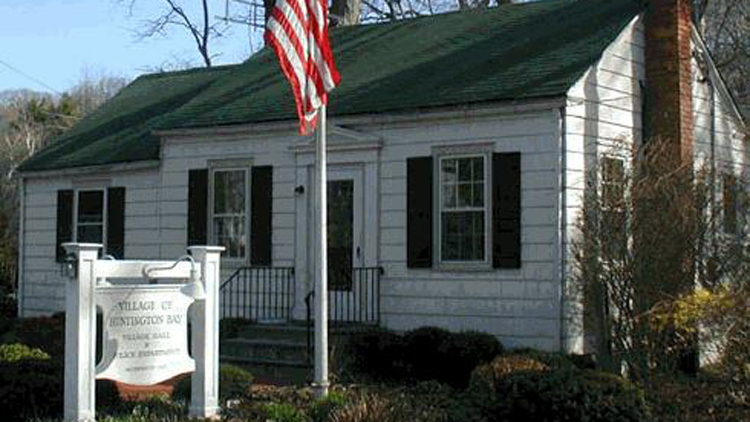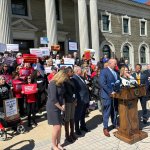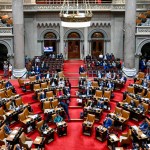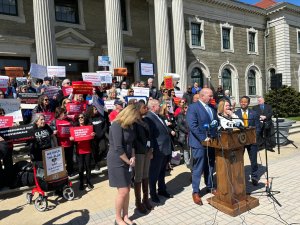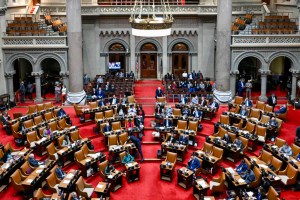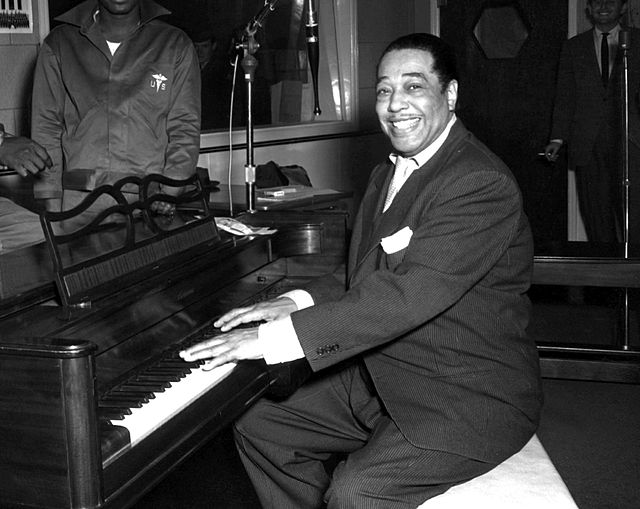The Huntington Bay village board is considering a proposal to start paying the mayor and other volunteer elected and appointed village officials—an idea that has churned up a big debate in the tiny municipality of 1,600 residents and beyond.
Huntington Bay Mayor Herb Morrow has been trying to make his job a salaried position for several years. He’s been proposing a bill that would provide compensation for him, the four village trustees, two commissioners and the five zoning board of appeals members. But critics question if the workload really justifies a salary for managing an annual budget of under $2 million.
“If this is accepted up there, it will spread like wildfire to all these other villages,” says Desmond Ryan, executive director of Association for a Better Long Island, who is worried about the impact on state pension, health benefits and Social Security if these unpaid officials start to get public salaries. “When you take into consideration that we already have more government on Long Island than the old Soviet Union, who needs more salaries? For a mayor of a small village to ask for a salary? If you want the money, go get a job…. Most people take it as a civic duty.”
Huntington Bays Deputy Mayor Dominic Spada, who is also the village’s police commissioner, said 21 of Suffolk County’s 33 villages pay their municipal officials and, on the state level, 87 percent of the villages responding to a survey conducted by the New York Conference of Mayors and Municipal Officials said they also pay their elected officials.
“We’re the minority,” says Spada. “We’re not blazing any new trails here.”
Under the proposal, the mayor would get $18,000, the trustee-police commissioner $4,800, the trustee-road commissioner $4,800 and the trustee $2,400.
Mayor Morrow, who is a consultant for staffing and recruitment firms, has told reporters that doing his job is not charity or volunteer work. He and his municipal colleagues say that the executive, legislative, policy and fiduciary responsibilities have “increased significantly over the past several years” as the village operations have “become more complex.”
Morrow first joined the village board in 1993 as a trustee and was elected mayor a year later. Last June, he was elected to his 11th two-year term, reportedly with 65 percent of the vote. In his executive summary of the proposed budget, the mayor asserted that the village has kept the spending at the same level as 2009, and for the third year in a row it entails no village tax increases.
Spada is proud of that accomplishment.
“That wouldn’t happen if we didn’t put a lot of time, thought and execution into what we do,” says Spada, who’s been an elected official for four years. “So, this is a job and it really needs to be treated as such.”
For comparison, Northport Mayor George Doll, a retired bayman, is paid $7,500 annually, for a municipality with roughly 7,000 residents within its incorporated borders. Mayor Gary Vegliante of West Hampton Beach, which has 55 year-round residents, is paid $80,000 annually.
“I will tell you that mayors are the unsung heroes of Suffolk County,” says Paul Tonna, executive director of the Suffolk County Village Officials Association and a former Suffolk County presiding officer. He declined to take sides on the Huntington Bays vote. “There’s no Republican or Democratic way to deliver municipal services… The issue is home rule and self-determination.”
If the proposal passes, opponents would reportedly have to organize a petition drive within the village and acquire signatures from at least 20 percent of the eligible registered voters to trigger a referendum to overturn it.
The meeting is at 7:30 p.m. Monday at the Huntington Yacht Club, 95 East Shore Rd., Huntington Bay.



